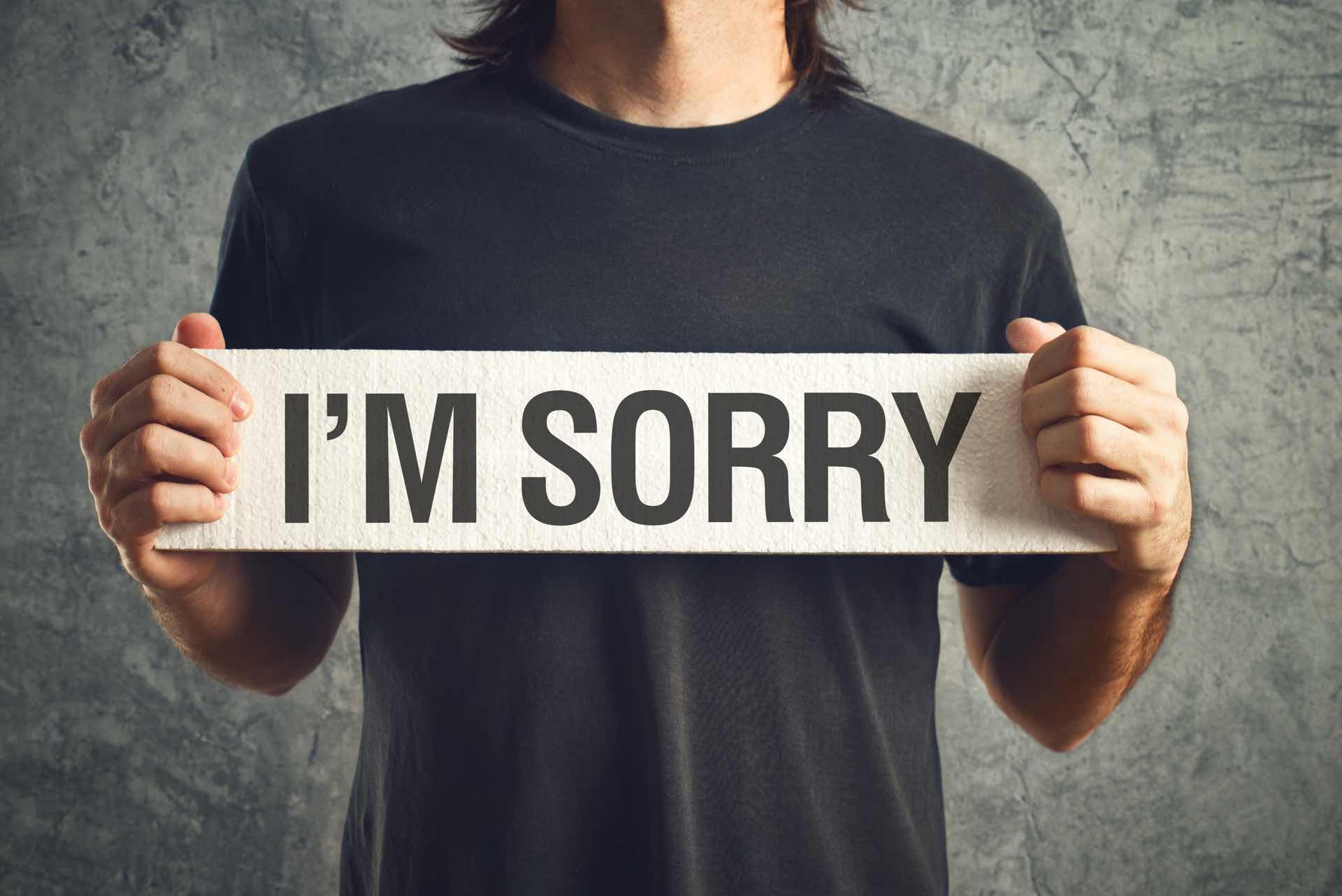
Sorry, Not Sorry
The Sandy Hook Elementary School shooting occurred on December 14, 2012, in Newtown, Connecticut, when 20-year-old Adam Lanza shot and killed twenty-six people. Twenty of the victims were children between six and seven years old, and six were adult staff members.
The loss of a child may be the worst trauma a human being can experience. One man, unrelated to the Sandy Hook shooting, said he experienced “grief so deeply unfathomable that it led to brief bouts of insanity” after the death of his child. “The death of a child is considered the single worst stressor a person can go through,” says Deborah Carr, Ph.D., chair of the sociology department at Boston University. And it’s a different kind of grief to lose your child to murder. These fragile parents need love and support in the wake of such trauma.
Alex Jones is the creator and owner of “InfoWars,” a far-right conspiracy theory website and radio platform. Instead of providing love and support to these grieving families, he sparked a conspiracy theory that the shooting was a hoax. He suggested the shooting was a ruse coordinated by gun control advocates, the incident was staged, and that the families and first responders were “crisis actors.” Jones lit the match and started the fire with an online platform and broadcast that reached millions worldwide.
As a result, Sandy Hook family members were the targets of death threats, threats of rape, in-person harassment, and abusive comments on social media. One woman has moved five times since the shooting and avoids going out to grocery stores and other public places. A conspiracy theorist threatened to dig up a child’s grave to prove he hadn’t been killed. Another tormenter allegedly said they’d urinated on a child’s grave. Shots were fired at one victim’s house and car. One victim said, “I can’t even describe the last nine and a half years, the living hell that I and others have had to endure because of the recklessness and negligence of Alex Jones.”
While Jones initially lied about the 2012 shooting, he later acknowledged that the massacre had occurred as he faced multiple lawsuits. He acknowledged that it was irresponsible of him to declare the Sandy Hook Elementary School massacre a hoax and that he now believes it was “100% real.” This acknowledgment does not rise to the level of an apology.
Later, Jones heatedly told the plaintiff’s attorney and jurors that he’s “done” apologizing for the lies he spread about Sandy Hook. But did he apologize?
Janis Abrahms Spring authored How Can I Forgive You? In it, she lists seven guidelines for making a good apology:
Guideline one: Take responsibility for the damage you caused. For your apology to take hold, you must acknowledge your role.
Guideline two: Make your apology personal. It’s not just an admission that “I did something wrong” but an admission that “I wronged you. I did this to you.”
Guideline three: Make your apology specific. You don’t just say, “I’m sorry.” You say exactly what you are sorry for.
Guideline four: Make your apology deep. If you want to be forgiven, you admit the whole wretched truth of what you did, naming the unflattering truth about yourself.
Guideline five: Make your apology heartfelt. Your remorse must be real, profound, and enduring, not self-serving – to rid yourself of guilt or to avoid legal penalties.
Guideline six: Make your apology clean, straightforward, and uncomplicated. No “buts” or defenses.
Guideline seven: Apologize repeatedly for serious injuries. A single apology may not be sufficient to restore your good standing.
The Twelve Step tradition offers suggestions for making amends. Apologies are not enough. Recovery calls for making amends to the people they’ve hurt to restore justice. The idea is to restore in a direct way that which they have broken or damaged, either symbolically or in action.
Jones needs to look the victims in the eye, feel the shame of his actions, hear what his actions created, and attempt to make restitution. The process is not complete until he attempts to make it right with each victim. But some of the victims of his lies have indicated that an apology wouldn’t suffice, and that Jones needed to be held accountable in a court of law for repeatedly spreading falsehoods.
The judge awarded the families nearly a billion dollars in punitive damages. It is to be seen whether they receive it. Jones has not demonstrated regret. He continues to use his platform to rally against the legal system and what he calls the evil forces that oppose him, as if he is a victim. To that, I say, sorry, not sorry.
